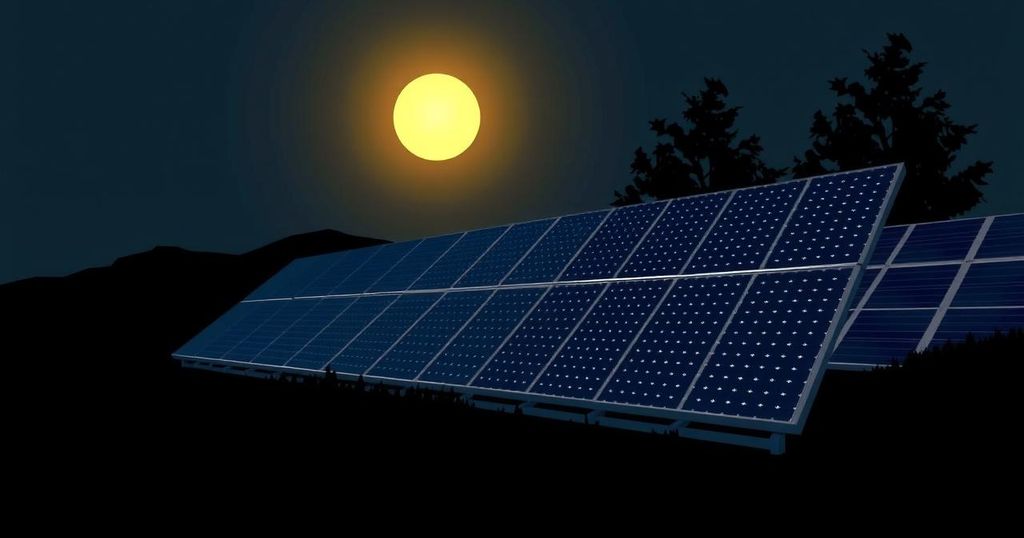Yunus Advocates Relocation of Solar Panel Factories from China to Bangladesh
In a call for enhanced economic relations, Muhammad Yunus, the head of Bangladesh’s interim government, urged China to consider relocating some of its solar panel manufacturing facilities to Bangladesh. This request was made during a recent introductory meeting with Chinese Ambassador Yao Wen, where Yunus emphasized that such a move could significantly contribute to Bangladesh’s green transition and diversify its export portfolio.
Yunus pointed out that as one of the foremost solar panel producers globally, China faces mounting restrictions in export markets. Thus, by transferring manufacturing operations to Bangladesh, China could assist in the nation’s efforts to become more environmentally sustainable while also fostering greater bilateral trade. He stated, “This relocation could pave the way for Bangladesh to enhance its export capabilities and succeed in its green economy initiatives.”
The meeting took place following the Chinese government’s recognition of the interim administration after former Prime Minister Sheikh Hasina’s departure amidst student-led protests that tragically resulted in over 600 fatalities. Yunus reiterated the strong economic ties between Dhaka and Beijing and called for increased imports of Bangladeshi products into China, technology transfers, and collaborative efforts in sectors such as disaster relief, education, and agriculture, all of which are essential for strengthening their economic partnership.
Ambassador Yao expressed the Chinese leadership’s readiness to collaborate with Yunus’s administration, commending his leadership and expressing hope for a poverty-free Bangladesh under his guidance. He also reiterated China’s commitment to addressing the Rohingya crisis, indicating the need for continued humanitarian support for over one million displaced individuals residing in Bangladesh.
In a gesture of solidarity, Ambassador Yao presented a donation of $20,000 to the Flood Relief Fund and announced an additional contribution of $100,000 from the Chinese Red Cross for humanitarian assistance to flood victims in Bangladesh. He acknowledged the recent elevation of Bangladesh and China’s relations to a comprehensive strategic cooperative partnership and looked forward to commemorating their 50 years of diplomatic ties in 2025.
Overall, Yunus’s proposal for stronger economic collaboration not only highlights the potential benefits of relocating solar panel factories but also lays the groundwork for a more robust and mutually beneficial relationship between Bangladesh and China, which aligns with both nations’ development goals and aspirations for a sustainable future.








Post Comment